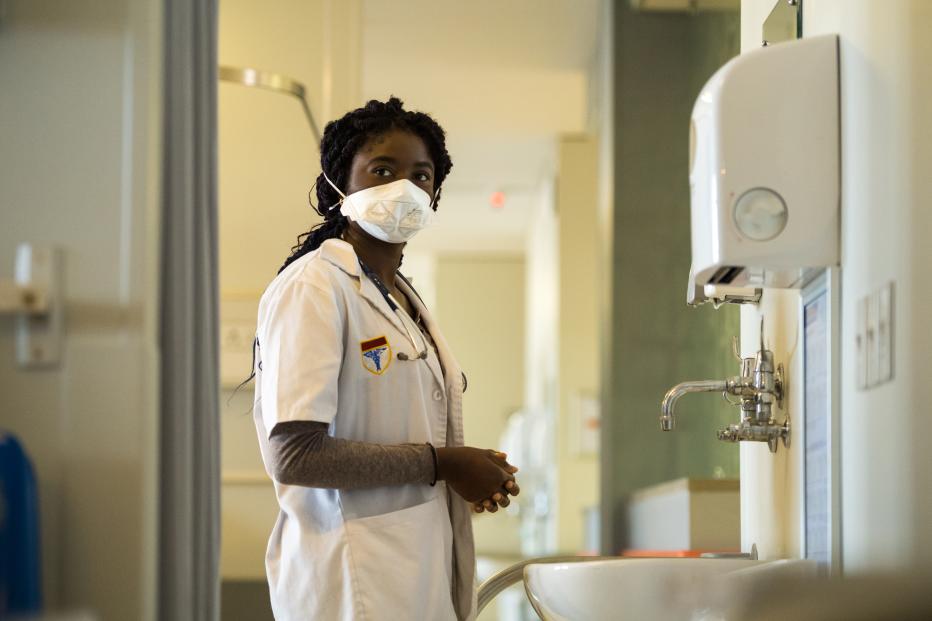
The final report of a limited study conducted by Jacobs and FasterCures, a center of the Milken Institute is now available to the public.
The report, “What Can Global North Learn from Global South? – Lessons From Past Pandemics and Epidemics” analyzes interviews with officials from more than 20 countries to identify success factors in their response to the COVID-19 pandemic. The team identified more than 20 overlooked factors that helped lead to positive outcomes in Global South countries across Asia, Africa and Central & South America. The report concludes with recommendations that policymakers can explore to improve pandemic preparedness and global health security.
Summary of findings
Through interviews with more than 30 international public health officials representing more than 20 Global South countries, Jacobs found five key attributes that contributed to countries’ successful early responses to COVID-19:
- Recent experience with another outbreak or epidemic: These “pandemic aware” countries with histories of responding to outbreaks like Ebola and avian flu have experienced response frameworks in place that enabled rapid response. Their leaders are experienced in pandemic response and their publics understand the risks of outbreaks and follow public health guidance.
- Prior investments and Public Private Academic Partnerships (PPAP): Countries that appreciate the importance of preparedness and allocate funds and resources to public health measures saw more positive response outcomes. Cooperation between government and private industry helped scale healthcare services, provide risk communications, and manufacture vaccines and equipment.
- Risk communications and community engagement: Truthful and locally relevant risk communication coupled with justification and scientific rationale were most effective with communities, interviewees said. Frequent and transparent community engagement at the hyperlocal level builds trust in times of both peace and crisis.
- Whole-of-government approach: Task forces and steering committees established during “peacetime” best fostered public trust and credibility; their strategy, policy and decisions must also be transparent, consistent and cohesive.
- Political will, leadership and trust: Effective leaders regard public health crises as important and are willing to trust their experts, make tough decisions and be accountable to their public. A separation of science from politics builds trust, and public trust is critical to compliance with public health guidance and response measures.
Jacobs explored these findings in an international roundtable discussion with the interviewees and with U.S. government policymakers in Washington, D.C.
-
30 +
international public health leaders interviewed
-
20 +
Global South countries represented
-
10 +
U.S. state and federal level government organizations represented
-
20 +
critical success factors identified
Call to action
The report urges public health decision makers in the U.S. and worldwide to incorporate these lessons learned into future pandemic preparedness frameworks at the international, federal and regional or state levels. Global North countries can use non-crisis time to establish new PPAP, maintain “pandemic awareness” through consistent training and exercises and build trust with communities and the public. Governments should continue learnings and dialogue with the international global health community as the world adjusts to its “new normal” and provide funding and resources to emergency preparedness systems.
Looking to the future
Although the world has adjusted to an endemic COVID-19, risks of future global pandemics and epidemics remain. Jacobs’ final report comes after the Biden administration directed federal departments to implement biodefense and global health security strategies, and as Global South countries monitor and report local cases of serious infectious diseases in animals and humans.
Jacobs intends the report to foster further dialogue between global health leaders to improve preparedness, strengthen inter-governmental and public-private partnerships, engage and motivate the public and improve outcomes during future public health events – and create a safer, healthier, more resilient world.














































